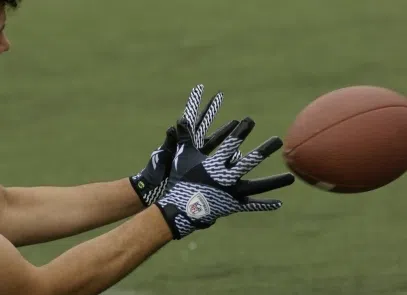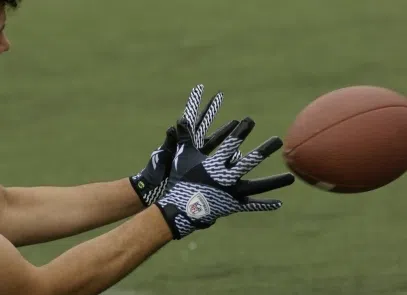INGLEWOOD (CNS) – The planned 80,000-seat, $1.86 billion stadium that will play host to the Rams at the site of the former Hollywood Park Racetrack is expected to be the centerpiece of an already under-development commercial complex on the nearly 300-acre site. Plans for the development were announced almost exactly one year ago by officials with the Hollywood Park Land Co. The stadium project was originally a 238-acre, 4-million-square-foot retail, office, hotel and residential project. It was approved by the city of Inglewood in 2009. When Rams owner Stan Kroenke joined forces with HPLC, the project was expanded by 60 acres to include the proposed stadium and a 6,000-seat “performance venue.” Hollywood Park Land Co. is a joint venture between Stockbridge Capital Group, a real estate investment management firm, and the Kroenke Group. Stockbridge purchased the original 238-acre Hollywood Park site in 2005. The Kroenke group bought the adjacent 60-acre parcel in 2013.
The two joined forces in 2014, according to the company. Last February, the Inglewood City Council unanimously approved the stadium plans on the site, in response to a petition drive that gave the council the choice of holding an election on the project or simply approving it outright. According to the initiative presented to Inglewood last February, the stadium project “would be funded entirely with private funds provided by the property owner developing the project. Inglewood residents and the city would pay no taxes or subsidies for stadium construction.” The developers estimate the project would generate at least $25 million in new revenue for the city annually. Once the city begins collecting revenues from the site, however, “the initiative allows for a contingent reimbursement of public costs advanced by the landowner for public services and infrastructure” — such as widened sidewalks, water and sewer systems, public parks, street lights, traffic lights and other road improvements, according to the city.
The reimbursements will be paid only after the city earns at least $25 million in tax revenue from the project each year. In other words, if the city collects $30 million in tax revenue from the stadium in a year, the city would keep $25 million, and the remaining $5 million would be used to reimburse the developer for public infrastructure costs, according to the city. The reimbursements would continue until all of the developer’s up-front costs for public infrastructure have been covered, after which the city would keep all revenue from the project, according to city documents. The city noted that the $25 million in revenue estimated for the city each year is roughly 30 percent of the city’s existing general fund budget.






